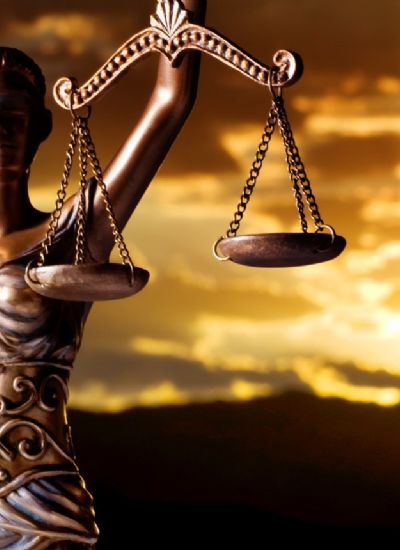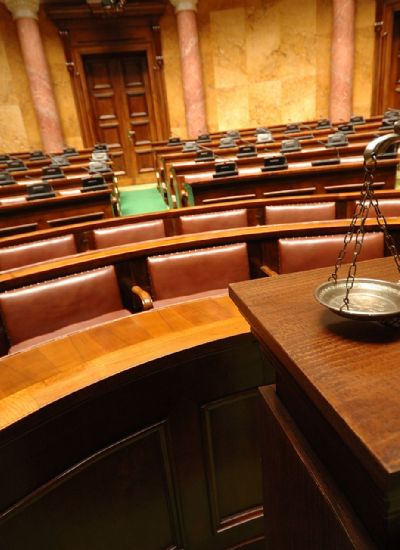Hipakistan News & History
Pakistan was born as an explicitly Muslim state, and the wrestling between its secular and Islamic natures has never been as pronounced as it has in recent years. The country's other troubling traditions are the military's role as the arbiter of power & mash there have been four coups in its 60 years of independence & mash rampant corruption and waves of economic and political unrest. Upon its creation, Pakistan consisted of two separate wings flanking northern India; in 1971, the country's eastern portion broke away to become Bangladesh.
In recent years the areas of disagreement between India and Pakistan over Kashmir, a divided state claimed by both countries appear to have narrowed, but it remains the main point of friction between them. Kashmir was at the heart of two of three wars they have fought since 1947. Both sides reject independence for Kashmir and the long dispute continues to fester. Pakistan became a nuclear power in 1998, in response to nuclear tests conducted by India.
The current ruler, Gen. Pervez Musharraf, took power in a bloodless coup in 1999, becoming both president and army chief of staff. Of the three previous military leaders, one died in a mysterious plane crash and the others were forced out by fellow officers. His tenure has been dominated by the aftermath of the Sept. 11th attacks.
Pakistan's intelligence services and portions of the military had been backers of the Taliban regime in Afghanistan. After 9/11, the United States demanded that Pakistan turn against the Taliban and al Qaeda. Mr. Musharraf acquiesced, and since then has been walking a tightrope between satisfying the Bush administration without inflaming Islamic groups that strongly support al Qaeda. One sign of the resulting tension has been the string of assassination attempts against Mr. Musharraf. Another is the fact the mountains of western Pakistan have become a haven for Al Qaeda and the Taliban. Afghanistan's president, Hamid Karzai, has complained repeatedly about Pakistan's failure to act against the Taliban.
In the summer of 2007, Mr. Musharraf faced two other, unexpected challenges to his authority: widespread and sometimes violent demonstrations against his decision to force out the chief justice of Pakistan's Supreme Court, and a hardcore Islamic group centered on the Red Mosque in Islamabad that sought to impose Taliban-style restrictions on the life of the capital. After a week-long standoff, government soldiers stormed the mosque, killing at least 60 people in 36 hours of heavy fighting.
The turmoil continued into the fall, as the man Mr. Musharraf had deposed, Nawaz Sharif, returned to run against the general in the presidential elections but was promptly deported. Another former leader, Benazir Bhutto, also returned from exile, but as part of a deal with Mr. Musharraf. Her homecoming was marred by giant car bombs that killed over 140 of her supporters. And still looming over Mr. Musharraf's head was the question of whether the Supreme Court would rule him ineligible for reelection.
On Nov. 3, fearing that the court was about to do just that, Mr. Musharraf declared a state of emergency that amounted to the imposition of martial law. Hundreds of political opponents were arrested and a majority of the Supreme Court was forced to resign.
In recent years the areas of disagreement between India and Pakistan over Kashmir, a divided state claimed by both countries appear to have narrowed, but it remains the main point of friction between them. Kashmir was at the heart of two of three wars they have fought since 1947. Both sides reject independence for Kashmir and the long dispute continues to fester. Pakistan became a nuclear power in 1998, in response to nuclear tests conducted by India.
The current ruler, Gen. Pervez Musharraf, took power in a bloodless coup in 1999, becoming both president and army chief of staff. Of the three previous military leaders, one died in a mysterious plane crash and the others were forced out by fellow officers. His tenure has been dominated by the aftermath of the Sept. 11th attacks.
Pakistan's intelligence services and portions of the military had been backers of the Taliban regime in Afghanistan. After 9/11, the United States demanded that Pakistan turn against the Taliban and al Qaeda. Mr. Musharraf acquiesced, and since then has been walking a tightrope between satisfying the Bush administration without inflaming Islamic groups that strongly support al Qaeda. One sign of the resulting tension has been the string of assassination attempts against Mr. Musharraf. Another is the fact the mountains of western Pakistan have become a haven for Al Qaeda and the Taliban. Afghanistan's president, Hamid Karzai, has complained repeatedly about Pakistan's failure to act against the Taliban.
In the summer of 2007, Mr. Musharraf faced two other, unexpected challenges to his authority: widespread and sometimes violent demonstrations against his decision to force out the chief justice of Pakistan's Supreme Court, and a hardcore Islamic group centered on the Red Mosque in Islamabad that sought to impose Taliban-style restrictions on the life of the capital. After a week-long standoff, government soldiers stormed the mosque, killing at least 60 people in 36 hours of heavy fighting.
The turmoil continued into the fall, as the man Mr. Musharraf had deposed, Nawaz Sharif, returned to run against the general in the presidential elections but was promptly deported. Another former leader, Benazir Bhutto, also returned from exile, but as part of a deal with Mr. Musharraf. Her homecoming was marred by giant car bombs that killed over 140 of her supporters. And still looming over Mr. Musharraf's head was the question of whether the Supreme Court would rule him ineligible for reelection.
On Nov. 3, fearing that the court was about to do just that, Mr. Musharraf declared a state of emergency that amounted to the imposition of martial law. Hundreds of political opponents were arrested and a majority of the Supreme Court was forced to resign.




















